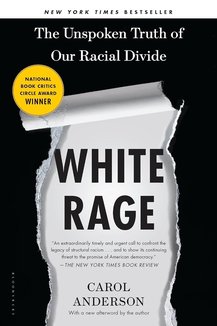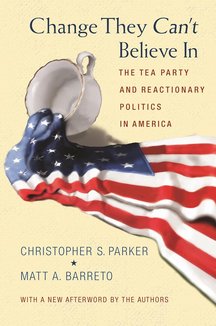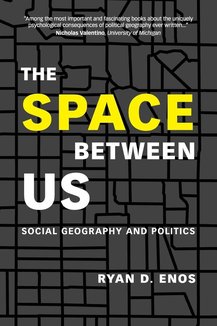Recommended Books

White Rage: The Unspoken Truth of Our Racial Divide
Author:
Carol Anderson
ISBN 13:
978-1632864130
National Book Critics Circle Award Winner New York Times Bestseller USA Today Bestseller A New York Times Notable Book of the Year A Washington Post Notable Nonfiction Book of the Year A Boston Globe Best Book of 2016 A Chicago Review of Books Best Nonfiction Book of 2016 From the Civil War to our combustible present, White Rage r eframes our continuing conversation about race, chronicling the powerful forces opposed to black progress in America--now in paperback with a new afterword by the author, acclaimed historian Carol Anderson. As Ferguson, Missouri, erupted in August 2014, and media commentators across the ideological spectrum referred to the angry response of African Americans as “black rage,” historian Carol Anderson wrote a remarkable op-ed in The Washington Post suggesting that this was, instead, "white rage at work. With so much attention on the flames," she argued, "everyone had ignored the kindling." Since 1865 and the passage of the Thirteenth Amendment, every time African Americans have made advances towards full participation in our democracy, white reaction has fueled a deliberate and relentless rollback of their gains. The end of the Civil War and Reconstruction was greeted with the Black Codes and Jim Crow; the Supreme Court's landmark 1954 Brown v. Board of Education decision was met with the shutting down of public schools throughout the South while taxpayer dollars financed segregated white private schools; the Civil Rights Act of 1964 and Voting Rights Act of 1965 triggered a coded but powerful response, the so-called Southern Strategy and the War on Drugs that disenfranchised millions of African Americans while propelling presidents Nixon and Reagan into the White House, and then the election of America's first black President, led to the expression of white rage that has been as relentless as it has been brutal. Carefully linking these and other historical flashpoints when social progress for African Americans was countered by deliberate and cleverly crafted opposition, Anderson pulls back the veil that has long covered actions made in the name of protecting democracy, fiscal responsibility, or protection against fraud, rendering visible the long lineage of white rage. Compelling and dramatic in the unimpeachable history it relates, White Rage will add an important new dimension to the national conversation about race in America.

Change They Can't Believe In: The Tea Party and Reactionary Politics in America - Updated Edition
Authors:
Christopher S. Parker
,
Matthew Barreto
ISBN 13:
978-0691163611
How the political beliefs of Tea Party supporters are connected to far-right social movements Are Tea Party supporters merely a group of conservative citizens concerned about government spending? Or are they racists who refuse to accept Barack Obama as their president because he's not white? Change They Can’t Believe In offers an alternative argument―that the Tea Party is driven by the reemergence of a reactionary movement in American politics that is fueled by a fear that America has changed for the worse. Providing a range of original evidence and rich portraits of party sympathizers as well as activists, Christopher Parker and Matt Barreto show that the perception that America is in danger directly informs how Tea Party supporters think and act. In a new afterword, Parker and Barreto reflect on the Tea Party’s recent initiatives, including the 2013 government shutdown, and evaluate their prospects for the 2016 election.
Find on:
 Amazon
Amazon

The Space between Us: Social Geography and Politics
Author:
Ryan D. Enos
ISBN 13:
978-1108430715
The Space between Us brings the connection between geography, psychology, and politics to life. By going into the neighborhoods of real cities, Enos shows how our perceptions of racial, ethnic, and religious groups are intuitively shaped by where these groups live and interact daily. Through the lens of numerous examples across the globe and drawing on a compelling combination of research techniques including field and laboratory experiments, big data analysis, and small-scale interactions, this timely book provides a new understanding of how geography shapes politics and how members of groups think about each other. Enos' analysis is punctuated with personal accounts from the field. His rigorous research unfolds in accessible writing that will appeal to specialists and non-specialists alike, illuminating the profound effects of social geography on how we relate to, think about, and politically interact across groups in the fabric of our daily lives.